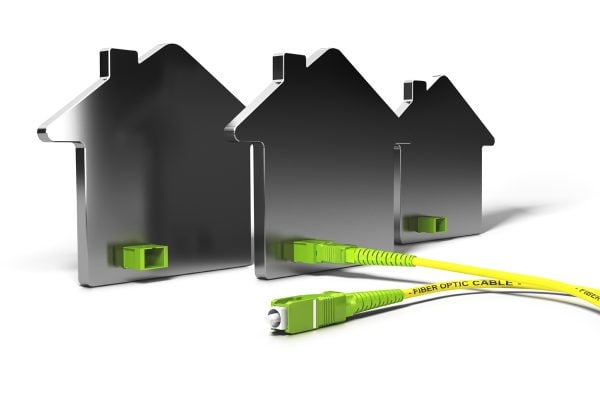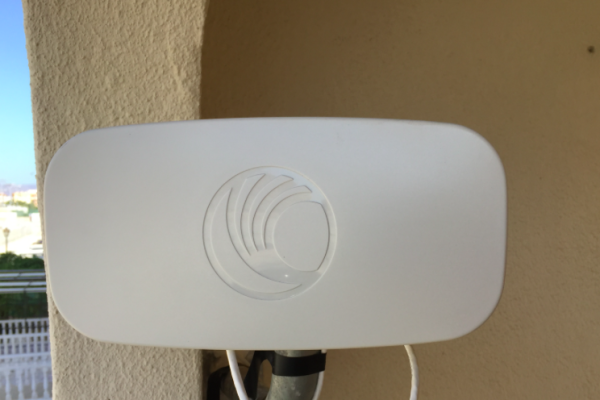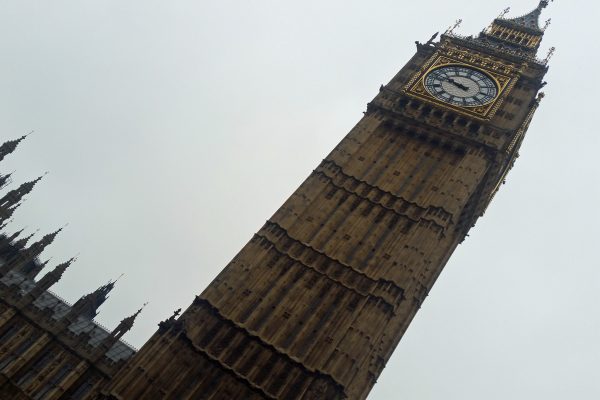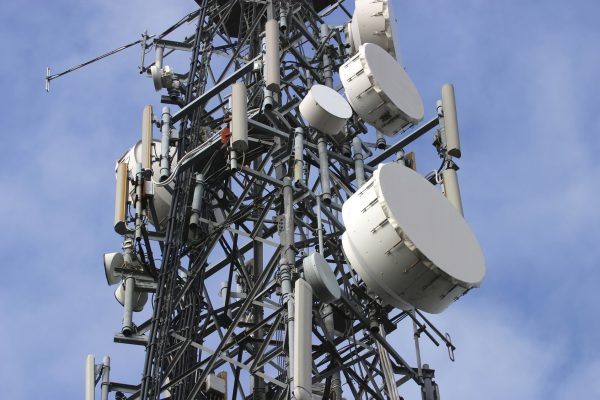The Government has confirmed that universal high speed broadband will be delivered by a regulatory Universal Service Obligation (USO), giving everyone in the UK access to speeds of at least 10 Mbps by 2020.
This is the speed that Ofcom, the independent regulator, says is needed to meet the requirements of an average family. After careful consideration the government has decided that regulation is the best way of making sure everyone in the UK can get a decent broadband connection of at least 10 Mbps as soon as possible.
BT had popped in suggestions of upping their game with a voluntary agreement. The government say they were grateful but think a legal right to broadband would probably work a bit better than a few promises and best efforts.
“We are grateful to BT for their proposal but have decided that only a regulatory approach will make high speed broadband a reality for everyone in the UK, regardless of where they live or work.”
– Culture Secretary Karen Bradley
The regulatory approach is intended to offer four key advantages for the consumer:
- The minimum speed of connection can be increased over time as consumers’ connectivity requirements evolve;
- It provides for greater enforcement to help ensure households and businesses do get connected
- The scheme will maximise the provision of fixed line connections in the hardest to reach areas.
- Places a legal requirement for high speed broadband to be provided to anyone requesting it, subject to a cost threshold (in the same way the universal service right to a landline telephone works)









